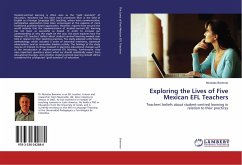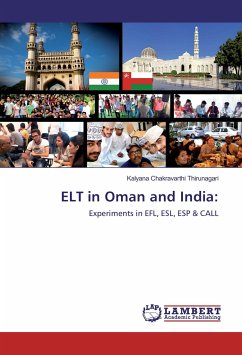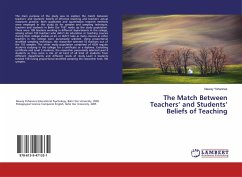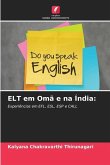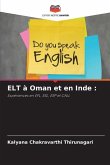Student-centred learning is often seen as the "gold standard" of education. Nowhere has this been more prominent than in the field of English as a Foreign Language (EFL) teaching, where more communicative, participative approaches have been encouraged at the expense of more traditional grammar-based approaches. However, reports from around the world indicate that the implementation of student-centred EFL learning has not been as successful as hoped. In order to increase our understanding of why this might be the case, this book explores how five Mexican EFL teachers' beliefs about student-centred learning evolved over time in relation to their teaching practices. The study adopted a life history methodology, which included a series of extended interviews, classroom observations, and an innovative timeline activity. The findings of the study may be of interest to those involved in planning educational changes such as the introduction of student-centred EFL learning. Furthermore, they raise important questions about what we should realistically expect from educational changes, and whether student-centred learning should still be considered the undisputed "gold standard" of education.

